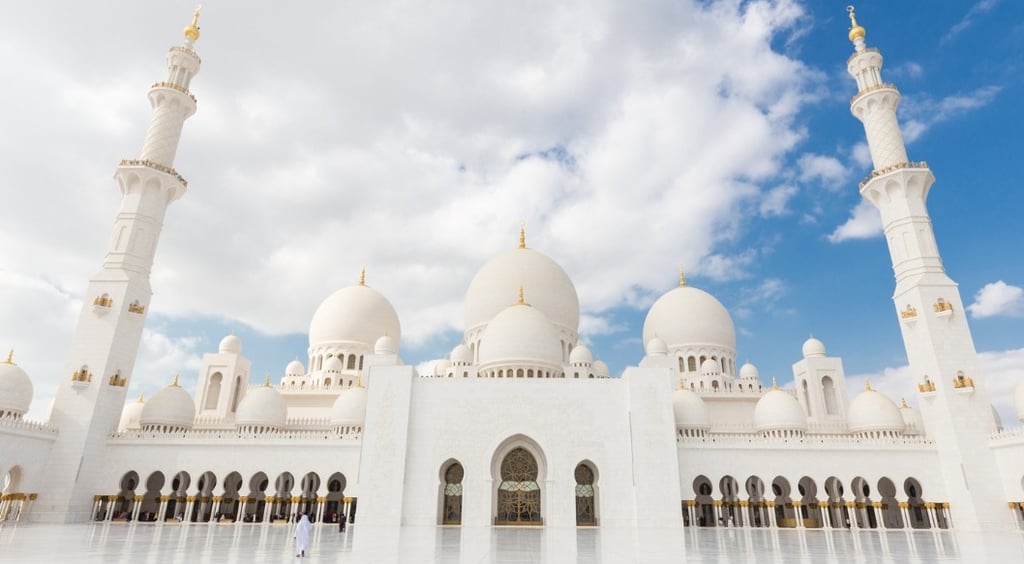
The Five Pillars of Islam
Malak Amer
1/15/2024


Everything in Islam is linked to the five pillars.
The five pillars are the most important and mandatory steps a Muslim has to take to keep their faith strong. Just like how pillars hold up a building, the Islamic pillars hold up your Iman.
These are the five pillars of Islam in order:
1. Shahada
The shahada is an oath that every Muslim has to take to be a Muslim. Taking the Shahada is the first thing every reverted Muslim must do. When translated from Arabic into English, the shahada means, “I bear witness that there is no god but Allah, and I bear witness that Muhammed (pbuh) is the messenger of Allah.” This must be recited with the heart and not just the mouth. You must believe in it with every cell in your body to have a strong Iman. The shahada is said in every salah twice except for Fajr, where it is said once.
2. Salat (Prayer)
Salah is a prayer, and all Muslims are required to perform salah to Allah five times a day, on time, in the way that the prophet Pbuh instructed us to perform it. Some salah is optional (sunnah), but the five daily salawat are mandatory (Fajr, Duhr, Asr, Maghrib, Ishaa’). Salah is what keeps a Muslim in contact with his creator and reminds him of Allah between daily activities. Salah is not a chore, but a gift, a privilege, and an opportunity Allah has blessed us with. It will be the first thing a person is asked about on the day of judgment.
3. Zakat (Alms)
Zakat is a fixed amount of money every Muslim (who can) has to give to charity. It is 2.5% of the total wealth that you have at the end of every year. For example, if you are giving zakat from $1,000, you must donate at least $25 to charity eliminating poverty. Zakat is not optional, and it is a key part of Islam as it allows the disadvantaged to receive support.
4. Sawm (fasting) Ramadan
During the month of Ramadan, a Muslim must fast every day from Fajr, (the break of dawn, not sunrise), to maghrib (sunset). This means that during the morning, all Muslims must avoid water and food until the night. Some exceptions from fasting are made during this month (pregnant, traveling, sick, etc.). During Ramadan, Muslims are also supposed to refrain from committing sins and perform a lot of worship.
5. Hajj (pilgrimage)
Every Muslim is required to perform hajj at least once in their life if they can afford it. It is a holy pilgrimage to the city of Mecca. Hajj is performed annually from the 8th of Dhul Hijja to the 13th. Every Muslim who performs hajj with intention and with their heart, in sha Allah every single one of their sins will be erased.
After understanding and acting upon the five pillars of Islam, everything else in Islam becomes clearer, easier, and performed with a stronger faith.
Engaging in Quran learning further enriches one's understanding and connection with these fundamental pillars, fostering a more profound spiritual journey.
